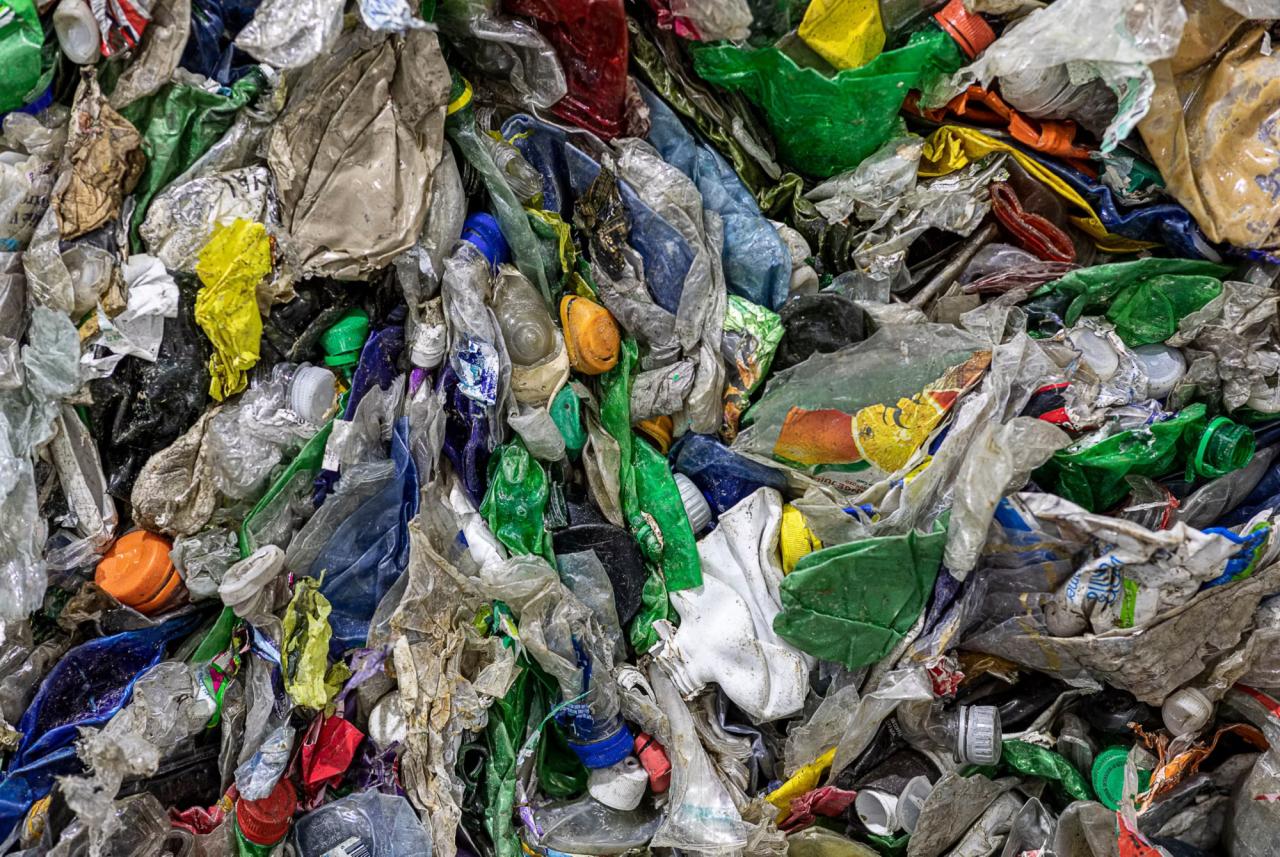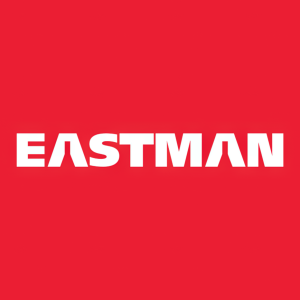Rumpke and Eastman Join Forces To Expand Recycling of PET Waste
KINGSPORT, TN and CINCINNATI, OH / ACCESSWIRE / February 12, 2024 / Eastman:
Leading North American recycler, Rumpke Waste & Recycling (Rumpke) and molecular recycling pioneer Eastman, announced a groundbreaking partnership to help address the global plastic waste crisis. Later this year, Rumpke will begin collecting and sorting hard-to-recycle and colored PET packaging waste, materials that are largely unaddressed in today's recycling ecosystem and will provide 100 percent of this waste stream as feedstock to Eastman's molecular recycling process. Eastman will then turn this waste stream into virgin quality polyesters with its molecular recycling technology to be used across a range of packaging applications and to expand the circular economy for polyesters.
"The world is currently grappling with a significant problem, with a large portion of plastic waste either not being collected for recycling, or is considered non-recyclable by traditional methods," said Jeff Snyder, director of recycling at Rumpke. "This partnership creates a new market for hard-to-recycle colored and opaque waste that is not currently recycled today."
Colored and opaque PET is used across a range of consumer applications, including personal care and cosmetic packaging, detergent and soap packaging and various dairy and food packaging. Historically many of these applications have been unable to transition to fully circular packaging. Through Rumpke's investment in innovation processing and Eastman's molecular recycling technology, this partnership will enable circularity for many applications. By diverting this waste from incineration or landfill, both companies are making significant strides toward their shared vision of a world without waste.
By harnessing the power of innovation, Rumpke and Eastman are keeping fossil resources in the ground and contributing to a more sustainable future. The partnership sets an example for the industry and demonstrates the importance of collaboration in achieving true circularity.
"Rumpke and Eastman are both committed to innovative approaches to reducing plastic waste through collaboration," said Brad Lich, Eastman executive vice president and chief commercial officer. "This partnership reinforces the complementary nature of molecular and mechanical recycling to keep more raw materials in the circular economy enabling brands to meet their recycled content goals."
This announcement comes as Eastman is nearing the start-up of the world's largest material-to-material molecular recycling facility at their Kingsport, Tennessee site. Set to begin shipping its first products in the coming weeks, the Kingsport plant will recycle 110,000 metric tons of hard-to-recycle plastic waste annually.
Visit www.eastman.com/circular for more information on Eastman's efforts in the circular economy and Eastman Renew Circular Solutions.
About Eastman
Founded in 1920, Eastman is a global specialty materials company that produces a broad range of products found in items people use every day. With the purpose of enhancing the quality of life in a material way, Eastman works with customers to deliver innovative products and solutions while maintaining a commitment to safety and sustainability. The company's innovation-driven growth model takes advantage of world-class technology platforms, deep customer engagement, and differentiated application development to grow its leading positions in attractive end markets such as transportation, building and construction, and consumables. As a globally inclusive and diverse company, Eastman employs approximately 14,000 people around the world and serves customers in more than 100 countries. The company had 2023 revenue of approximately
About Rumpke
Rumpke Waste & Recycling has been keeping homes and businesses clean for more than 90 years. Today, Rumpke employs nearly 4,000 environmental experts servicing millions of customers across Ohio, Kentucky, Indiana and West Virginia. The award-winning family-owned company operates 14 landfills and 14 recycling centers. Other Rumpke divisions include Rumpke Portable Restrooms, Rumpke Haul-it-Away and Rumpke Hydraulics, as well as environmental solutions company The William-Thomas Group.
Media contact
Kristin Parker
1-423-229-2526
kristin@eastman.com
Media contact
Jacob Teetzmann
1-423-494-3673
jteetzmann@tombras.com
Rumpke Waste & Recycling
Amanda Pratt, APR
Director of Communications
1-513-741-2637

View additional multimedia and more ESG storytelling from Eastman on 3blmedia.com.
Contact Info:
Spokesperson: Eastman
Website: https://www.3blmedia.com/profiles/eastman
Email: info@3blmedia.com
SOURCE: Eastman
View the original press release on accesswire.com







